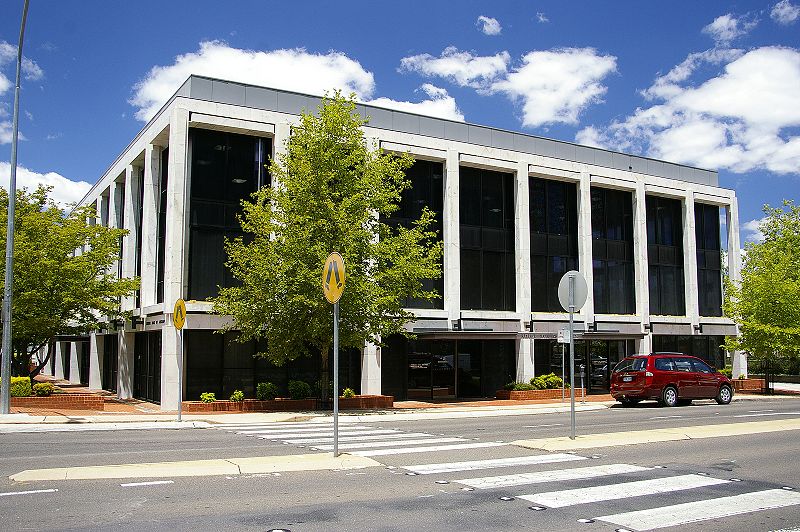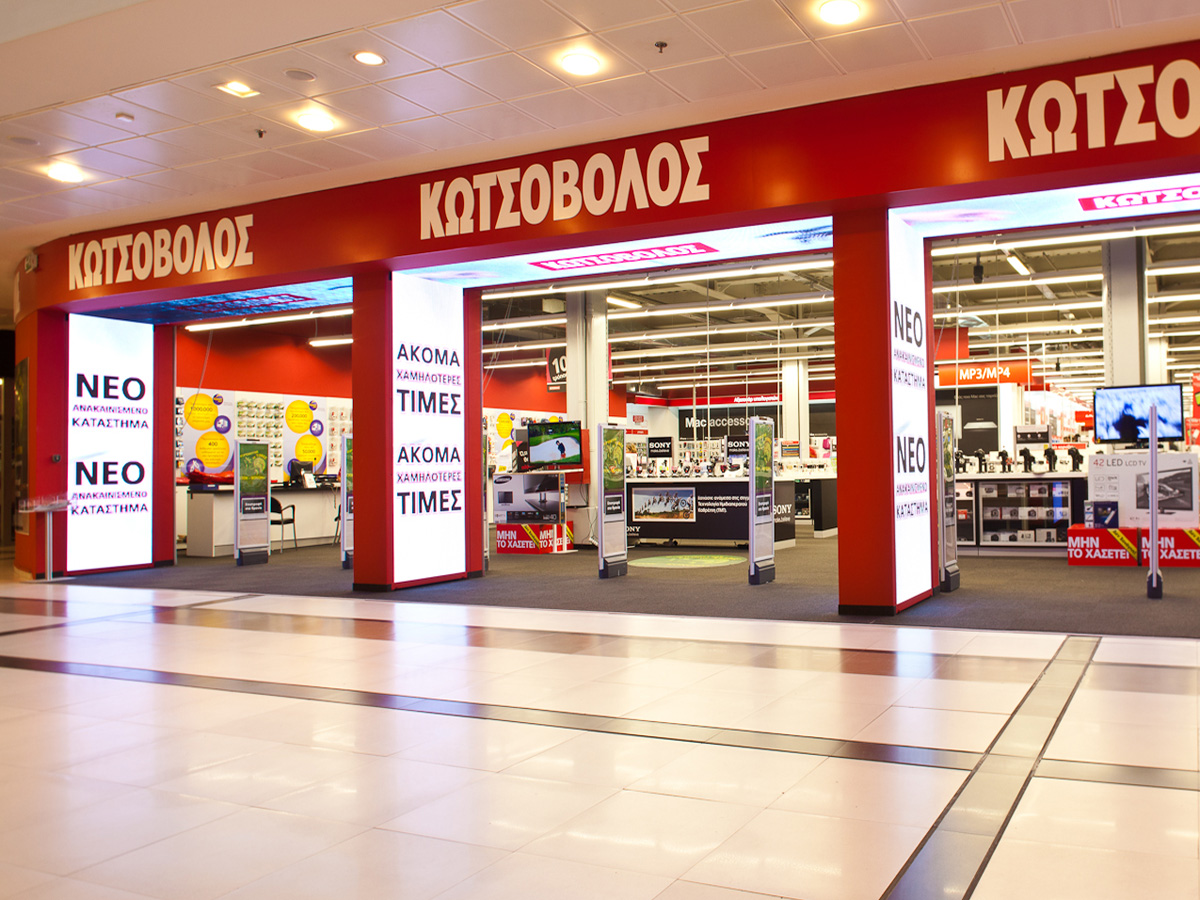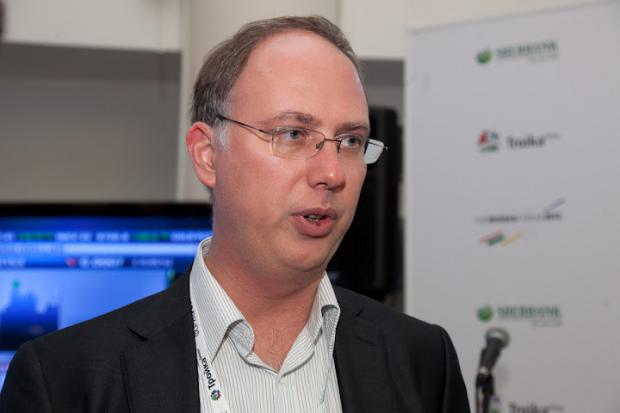July 7, 2015, 11:21 am UTC.

EUR slightly dropped after renewed negotiations with Greece
 The EUR lost ground ground during the Asian session Tuesday, but stayed away from yesterday’s lows. The investors’ hopes are that today’s summit, Greece will make new, more adequate proposal. Meanwhile, the AUD lost ground after the local central bank kept interest rates unchanged. The investors’ attention is again focused on the situation in Greece. Despite the lack of clear prospects for resolution of the situation, blocked banking and financial systems in the country signaled that it should be an agreement in the near future. After the weekend Greek voters refused to accept the proposals of creditors, France and Germany have warned Athens to deliver a new proposal to resume negotiations with its creditors.
The EUR lost ground ground during the Asian session Tuesday, but stayed away from yesterday’s lows. The investors’ hopes are that today’s summit, Greece will make new, more adequate proposal. Meanwhile, the AUD lost ground after the local central bank kept interest rates unchanged. The investors’ attention is again focused on the situation in Greece. Despite the lack of clear prospects for resolution of the situation, blocked banking and financial systems in the country signaled that it should be an agreement in the near future. After the weekend Greek voters refused to accept the proposals of creditors, France and Germany have warned Athens to deliver a new proposal to resume negotiations with its creditors.
The banks in Greece are closed from early last week as only an agreement and the provision of emergency assistance, can help avoid bankruptcy. Another important news of the day is associated with a report on the US trade balance for May. Forecasts are for a deficit of 42.8 billion USD. According to economists, the increases in the trade deficit due to the stronger dollar, which limits exports. The AUD reported minimal losses, after the Central Bank left interest rates unchanged at 2%, the expectations of the market. AUD remained near six-year low, which reported on Monday amid slowing exports raw materials to China. Trade relations with the second largest economy in the world are the main source of income for Australia, and news of slowing industrial growth in Beijing, negatively impacting the Australian dollar and other commodity currencies.
The EUR is losing ground against USD in today’s session, referring to the psychological level at 1,100 and a break we can expect reaching lows last week at 1.0955. The pair is hovering around the 89-day moving average, signaling that there is currently no clear short-term trend. When you hold the price below 1.0955, we can expect consolidation of the advantage in favor of the USD and falls to the bottom of 27 May at 1.0814.



